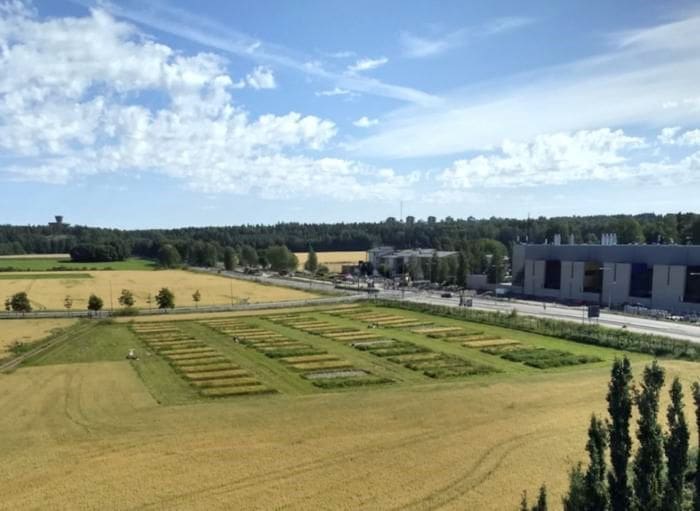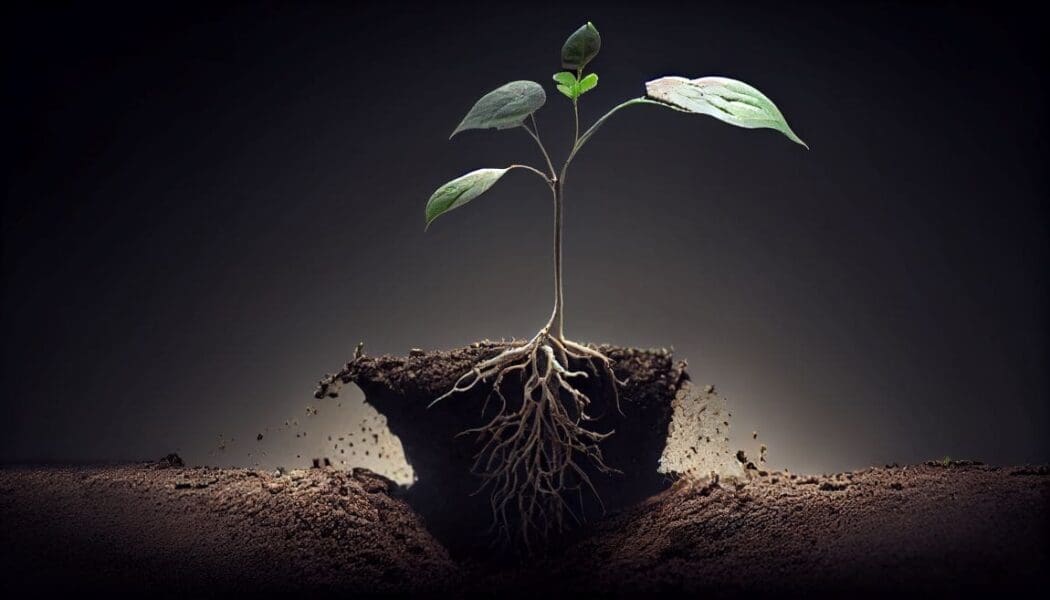The potential to mitigate climate change could be hiding in our fields. Increasing plant diversity in agricultural systems is emerging as a powerful tool to enhance soil carbon retention, a critical aspect in the fight against rising global emissions.
Recent study, led by Luiz Domeignoz-Horta from the University of Zurich, highlights how plant diversity plays a key role in improving the carbon sequestration potential of agricultural soils.
With over 40% of Earth’s land dedicated to farming, agriculture must be a central player in strategies to curb carbon emissions. However, conventional farming methods, which often rely on monocultures and intensive land use, have degraded soils, releasing substantial amounts of stored carbon into the atmosphere.
As the agricultural sector faces mounting pressure to reduce its carbon footprint, promoting biodiversity could offer a sustainable solution.

Research conducted at the TwinWin experiment site in Finland delves into this potential. Barley was cultivated either as a monoculture or alongside up to eight different plant species, chosen for their nitrogen-fixing or deep-rooting characteristics, which are known to improve soil health.
By combining barley with a variety of plants, researchers observed an increase in microbial carbon use efficiency, a process that determines how microbes process carbon inputs. Rather than releasing carbon as CO₂, microbes in these diverse systems converted it into new biomass, enhancing soil carbon retention.
The study demonstrated that increased plant diversity fosters stronger interactions between soil microbes, particularly in the rhizosphere – the zone around plant roots where microbial activity is concentrated.
“We found that higher plant diversity fostered stronger positive interactions between microbes in the rhizosphere – the area around plant roots – which ultimately improved the community carbon use efficiency,” explains Domeignoz-Horta.
One of the standout findings is that greater plant diversity does not come at the cost of crop yields. Barley productivity remained stable, while overall plant biomass significantly increased, showing that biodiversity can boost ecosystem health without sacrificing food production. This finding challenges the common perception that more complex farming systems lead to lower yields.
Despite the promise, implementing plant diversity on a large scale presents challenges. Domeignoz-Horta acknowledges that encouraging farmers, particularly smallholders, to adopt these practices is labor-intensive and may require policy incentives to ease the transition.
“Nevertheless, our results suggest that with the right policy support, encouraging diverse crop mixtures could become a key component of ‘carbon farming,’ helping to sequester more carbon in soils while maintaining agricultural productivity. This could pave the way for new climate-resilient farming practices that benefit both the environment and farmers,” Domeignoz-Horta concludes.
This research signals a shift in how we approach climate-resilient farming. By embracing biodiversity, agricultural systems can play a larger role in mitigating climate change, supporting healthier soils, and fostering sustainable food production. With continued exploration and the right policy framework, plant diversity could be a cornerstone of future climate-smart farming practices.
Journal Reference:
Domeignoz-Horta, L.A., Cappelli, S.L., Shrestha, R. et al. ‘Plant diversity drives positive microbial associations in the rhizosphere enhancing carbon use efficiency in agricultural soils’, Nature Communications 15, 8065 (2024). DOI: 10.1038/s41467-024-52449-5
Article Source:
Press Release/Material by University of Zurich
Featured image: The study explores ways to improve the ability of soils to store carbon, a key factor in mitigating climate change. Credit: vecstock | Freepik (AI Gen.)




